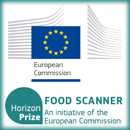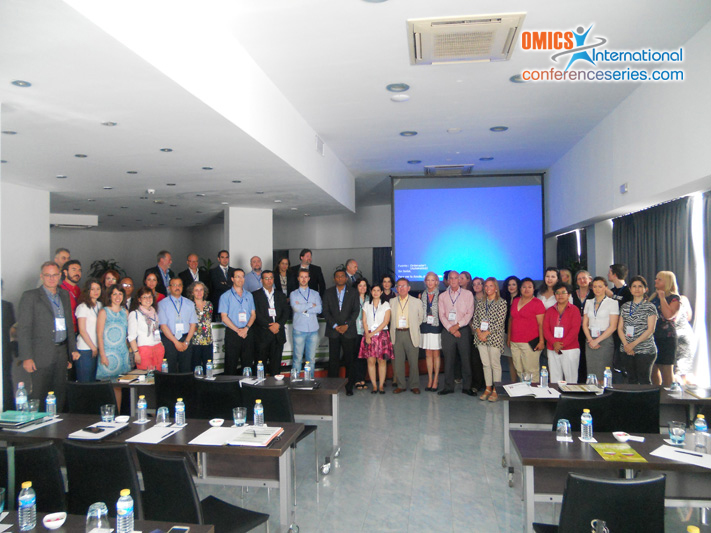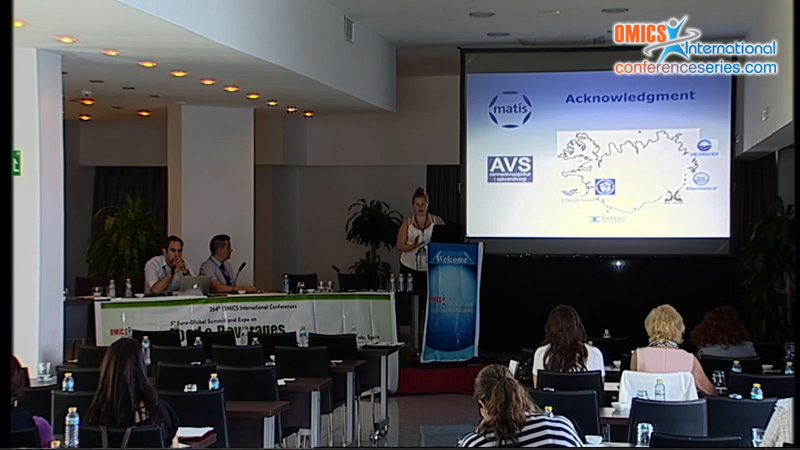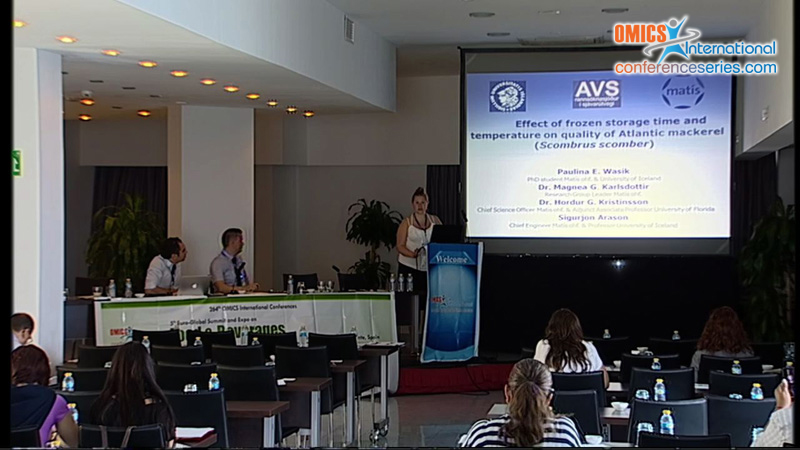
Paulina Elzbieta Wasik
University of Iceland
Iceland
Title: Effect of frozen storage time and temperature on quality of Atlantic mackerel (Scombrus scomber)
Biography
Biography: Paulina Elzbieta Wasik
Abstract
Atlantic mackerel (Scombrus scomber) is a valuable species in the marine industry. Mackerel is known for its widespread relocations and has become an important species in Iceland since 2006, when its catching rate increased. Freezing is the main long term preservation method for mackerel, but it requires optimization suitable for that species in order to maintain the highest quality of the product during prolonged storage. A very important factor that affects quality losses of fish products is storage temperature. Furthermore, some of the most common and harmful changes occurring in fish products are due to lipid oxidation and hydrolysis. The main purpose of this research project was to investigate the effect of different storage temperatures (-18ËšC, -25ËšC) on the quality of the mackerel during prolonged storage up to 12 months. Evaluation of quality attributes such as gaping, blood spots and peritoneum deterioration was performed on fish fillets. Furthermore, primary and secondary oxidation products, as well as free fatty acids levels (caused by hydrolysis) were analyzed. The results showed continuous increase of lipid deterioration with extended frozen storage of the mackerel. Furthermore, results indicated that lipid oxidation and hydrolysis development was significantly slower in the fish stored at -25ËšC compared to fish stored at -18ËšC. Additionally, the peritoneum of fish stored at lower temperature was maintained in a better condition and had less muscle gaping. According to the present findings, different storage temperature has a significant effect on the quality of frozen mackerel stored for the long term.
Speaker Presentations
Speaker PDFs
Speaker PPTs Click Here




